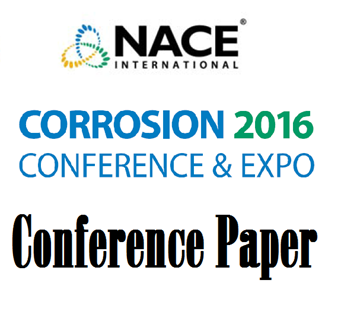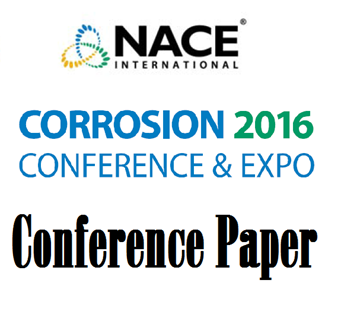Search
51316-7355-UNS N09955 Corrosion Cracking Resistance
Also Purchased
51316-7331-Corrosion Resistance of Cast Nickel Base Superalloys in Environments Relevant to Gas-Turbines Operating on Sulfur Rich Fuels
Product Number:
51316-7331-SG
ISBN:
7331 2016 CP
Publication Date:
2016
$20.00
51316-7347-Quantifying the Risk of MIC
Product Number:
51316-7347-SG
ISBN:
7347 2016 CP
Publication Date:
2016
$20.00
51316-7365-Characteristic Corrosion Morphological Features Associated with
Product Number:
51316-7365-SG
ISBN:
7365 2016 CP
Publication Date:
2016
$20.00
Recently viewed




